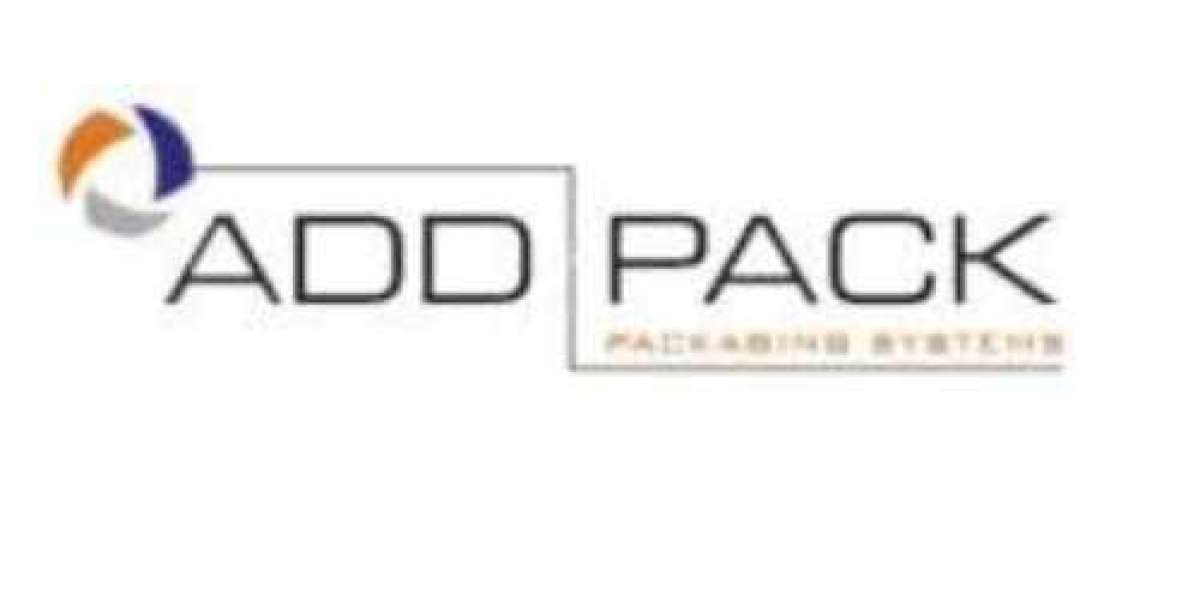In the fast-paced world of manufacturing and logistics, efficiency is paramount. One critical aspect that significantly influences efficiency is the packaging process. Whether it's food, electronics, or industrial products, how items are packaged can impact everything from shelf life to transportation costs. Professional wrapping machines have become an indispensable tool in this regard, offering unparalleled efficiency, consistency, and reliability. This article delves into how these machines enhance packaging operations, making them a vital component for businesses striving for excellence.
The Evolution of Wrapping Machines
The packaging industry has come a long way from manual wrapping methods to sophisticated, automated solutions. Initially, packaging was labor-intensive, requiring considerable time and effort. However, with the advent of professional wrapping machines, the landscape has transformed dramatically. These machines are designed to handle various packaging tasks with speed and precision, reducing the need for manual labor and minimizing human error.
The automation of packaging processes has led to increased productivity and consistency, ensuring that each product is wrapped uniformly and securely. This uniformity is crucial for maintaining the quality and integrity of the products during transportation and storage. As a result, businesses can now meet higher demand levels without compromising on quality, significantly improving overall operational efficiency.
Types of Professional Wrapping Machines
Professional wrapping machines come in various types, each tailored to specific packaging needs. The most common types include:
- Stretch Wrapping Machines: These machines use stretch film to wrap products securely. They are widely used in industries where palletizing is essential, such as in food and beverage, pharmaceuticals, and electronics. Stretch wrapping ensures that products remain stable during transit, reducing the risk of damage.
- Shrink Wrapping Machines: Shrink wrapping involves covering a product with a plastic film that shrinks when heat is applied, creating a tight seal around the product. This method is ideal for packaging items such as CDs, DVDs, and food products, where a secure and tamper-proof package is required.
- Flow Wrapping Machines: Flow wrapping, also known as horizontal form-fill-seal (HFFS), is used for high-speed packaging of products like candy bars, biscuits, and medical devices. The machine forms a package from a roll of film, fills it with the product, and seals it in one continuous process.
- Vacuum Packing Machines: Vacuum packing machines are essential for industries that require air-tight packaging to preserve the freshness and extend the shelf life of products. These machines remove air from the package before sealing it, which helps in preventing spoilage and contamination.
- Strapping Machines: Strapping machines are used to bundle products together using straps, ensuring they remain secure during transportation. They are commonly used in industries like logistics, where large and heavy packages need to be stabilized.
The Role of Professional Wrapping Machines in Improving Efficiency
Professional wrapping machines significantly improve efficiency in packaging operations by streamlining processes and reducing manual intervention. Here's how:
- Speed and Consistency: One of the most significant advantages of using professional wrapping machines is the speed at which they operate. These machines can wrap products much faster than manual methods, allowing businesses to meet tight deadlines and high demand. Additionally, the consistency in wrapping ensures that each package is uniform, which is crucial for maintaining product quality and brand reputation.
- Reduction of Labor Costs: Automating the packaging process with professional wrapping machines reduces the need for manual labor. This not only cuts down on labor costs but also minimizes the risk of human error. Employees can be reassigned to more critical tasks, further enhancing productivity.
- Material Savings: Professional wrapping machines are designed to optimize the use of packaging materials. For instance, stretch wrapping machines can stretch the film to cover more products with less material, leading to significant cost savings. Similarly, vacuum packing machines ensure that only the necessary amount of packaging is used, reducing waste.
- Enhanced Product Protection: Properly wrapped products are less likely to suffer damage during transportation and storage. Professional wrapping machines ensure that products are securely packaged, reducing the risk of breakage, contamination, or spoilage. This is particularly important in industries like food and pharmaceuticals, where product integrity is paramount.
- Increased Flexibility: Modern wrapping machines are highly versatile, capable of handling a wide range of products and packaging materials. This flexibility allows businesses to adapt to changing packaging needs quickly, whether they are dealing with different product sizes, shapes, or packaging materials.
Case Study: The Impact of Wrapping Machines in a Packaging Operation
Consider a packaging operation in a food processing plant. The company previously relied on manual labor for wrapping its products, leading to inconsistent packaging quality and frequent delays in meeting production targets. After investing in a professional vacuum packing machine in Delhi, the company experienced a dramatic improvement in efficiency.
The vacuum packing machine ensured that each package was airtight, significantly extending the shelf life of the products. The machine also operated at a much faster rate than manual labor, allowing the company to increase its production output. Additionally, the consistency in packaging quality helped the company reduce product returns due to spoilage or contamination. Overall, the investment in professional wrapping machines resulted in higher customer satisfaction and a substantial boost in the company's bottom line.
Finding the Right Wrapping Machine for Your Needs
When it comes to investing in a professional wrapping machine, it's essential to choose the right type and model that aligns with your specific packaging requirements. Several factors should be considered:
- Product Type: Consider the type of product you are packaging. For example, perishable goods may require a vacuum packing machine to ensure freshness, while industrial products might benefit from a stretch wrapping machine for stability during transportation.
- Production Volume: The volume of products you need to package will influence the type of machine you choose. High-volume operations will benefit from fully automated machines that can handle large quantities quickly.
- Material Compatibility: Ensure that the machine you choose is compatible with the packaging materials you use. Some machines are designed to work with specific types of films, while others are more versatile.
- Supplier Reputation: Working with reputable vacuum packing machine suppliers can make a significant difference. Reliable suppliers offer machines that are durable, efficient, and backed by excellent customer service.
Conclusion
Professional wrapping machines are a game-changer for businesses looking to improve efficiency in their packaging operations. These machines offer speed, consistency, and cost savings, making them a valuable investment for any company. By choosing the right wrapping machine and working with trusted vacuum packing machine suppliers, businesses can enhance their packaging processes, protect their products, and ultimately achieve greater success in the market.
Investing in the right professional wrapping machine tailored to your business needs will not only streamline your operations but also provide a competitive edge in today's fast-paced market.








